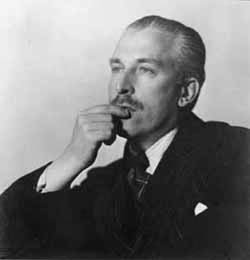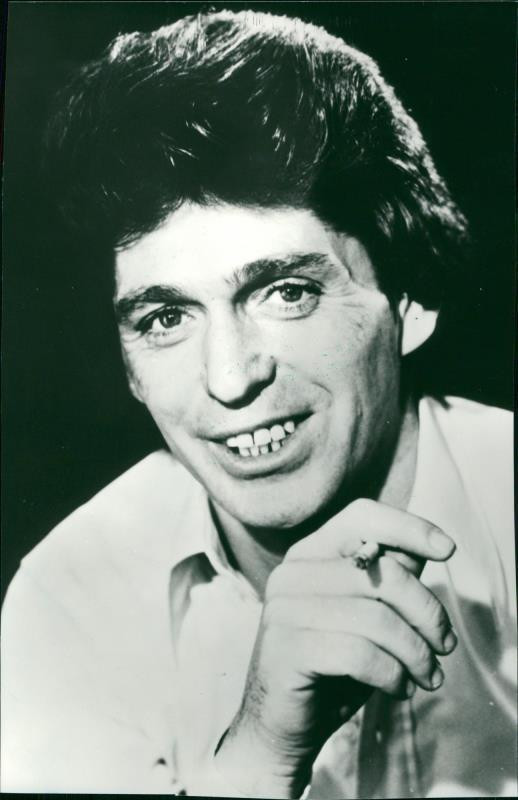Music, music, music
Our entertainment can sometimes come at a price for those who entertain us. Many seek an antidote to the bright lights in the quieter, less hectic, more open space of countryside.
Appointed Master of the Queen’s music in 1953, London-born Sir Arthur Bliss had a house in Penselwood for some 20 years, built at the site of Pen Pits, the pre-historic site that produced grain grinding querns.
He served with distinction in the First World War. Thereafter his composition developed and became wide-ranging, leading to him once being described as “far and away the cleverest writer among the English composers of our time”. Maturity led him to the established English musical tradition which caused him to be further described as “Elgar’s natural successor”. From 1942 to 1944 Bliss served as the BBC’s director of music, laying the foundations for the Third Programme, now known as Radio 3.
With Sir William Walton, Benjamin Britten, Peter Maxwell Davies and Richard Rodney Bennett being high profile contemporaries, Sir Arthur Bliss is, perhaps, not a name that comes as easily to mind, but he gave us operas, ballet music, incidental and orchestral work, choral works and concerti as well as chamber music, music for piano, organ and numerous other instruments including brass/military bands plus fanfares, film music, music for radio and TV and hymns.

Sir Arthur Bliss

Georgie Fame
“Get Away”, “Yeh, Yeh” and “The Ballad of Bonnie and Clyde” gave Georgie Fame a unique distinction. They were his only Top 10 chart entries – and each went to Number One.
A Lancashire born exponent of R&B and jazz, Fame is another musician who settled in the quieter environs of the northern edge of the Blackmore Vale, part-way between Wincanton and Gillingham, while pursuing a successful career. That started, as did so many post-war entertainers’ careers, at a Butlins Holiday Camp. It has taken him world-wide, working with or alongside many of the well-known names from the popular music explosion of the late ‘50s onwards, including Bill Wyman, Alan Price, Van Morrison, Joan Armatrading, Count Basie. Like many performers of the era he has not retired, he just plays fewer and fewer gigs.
